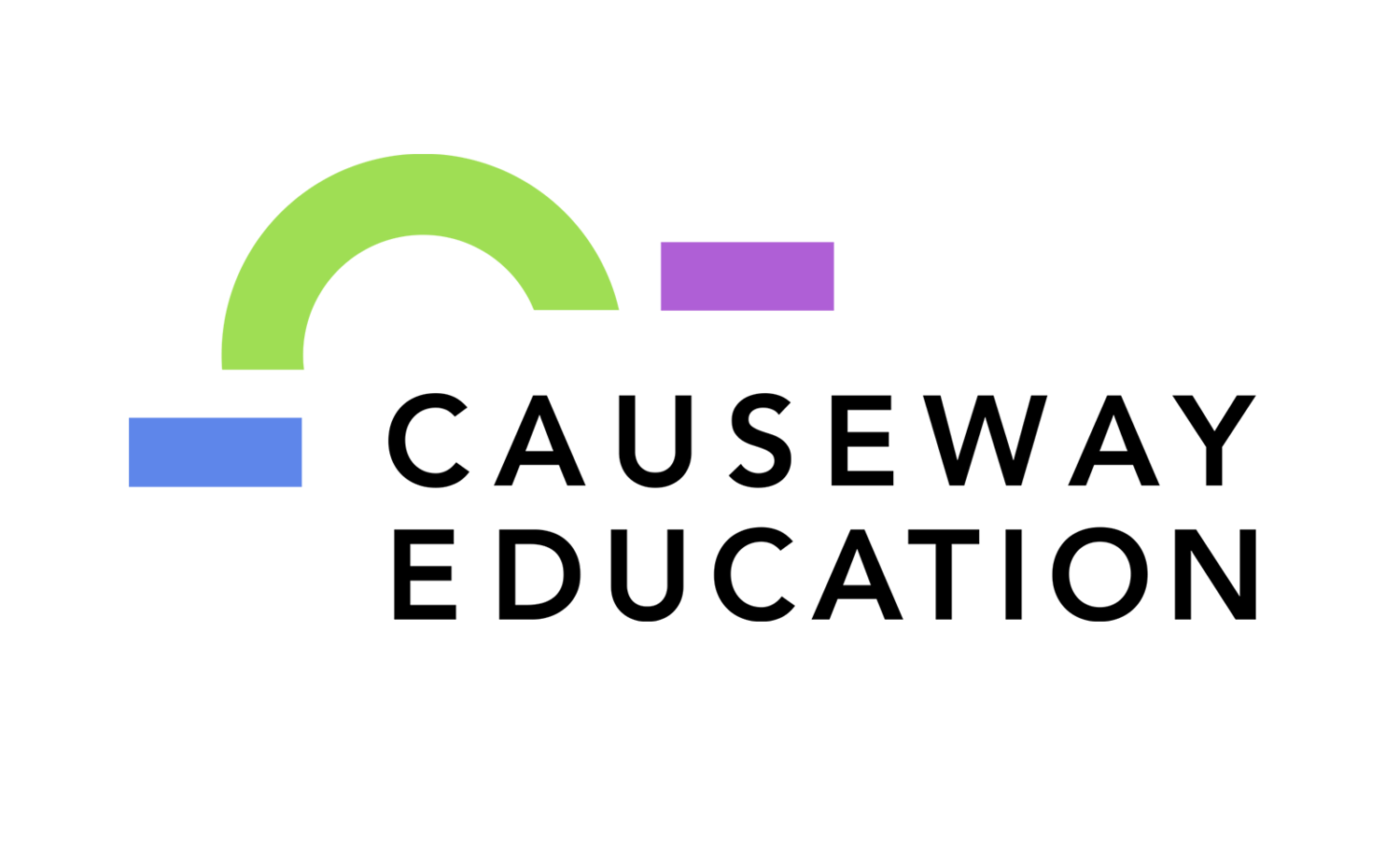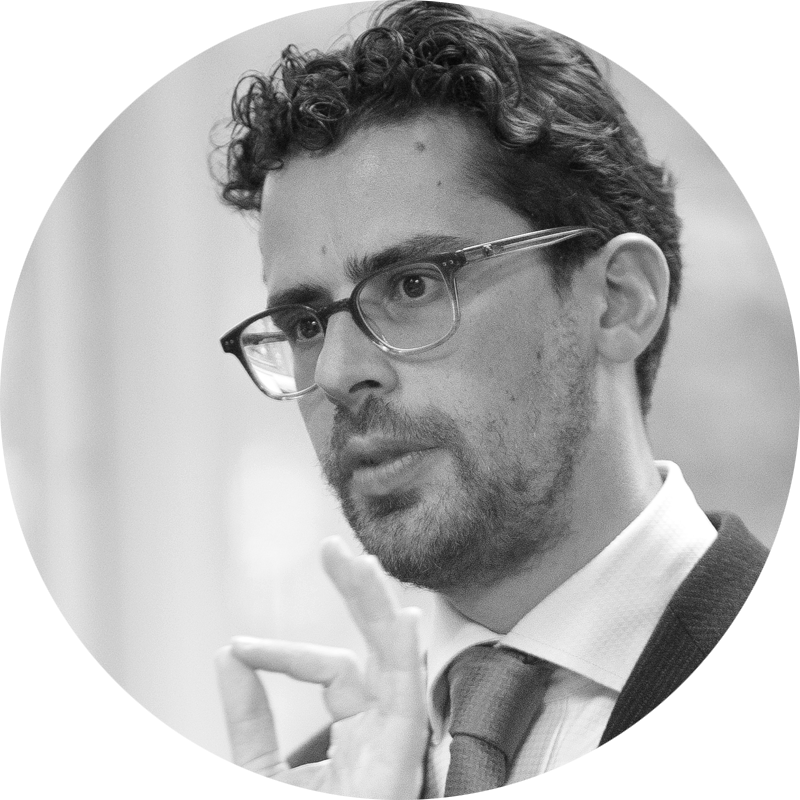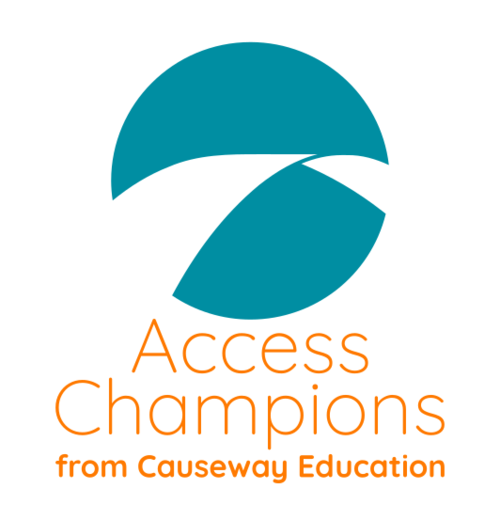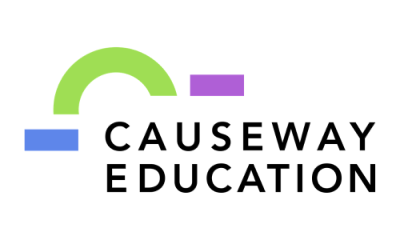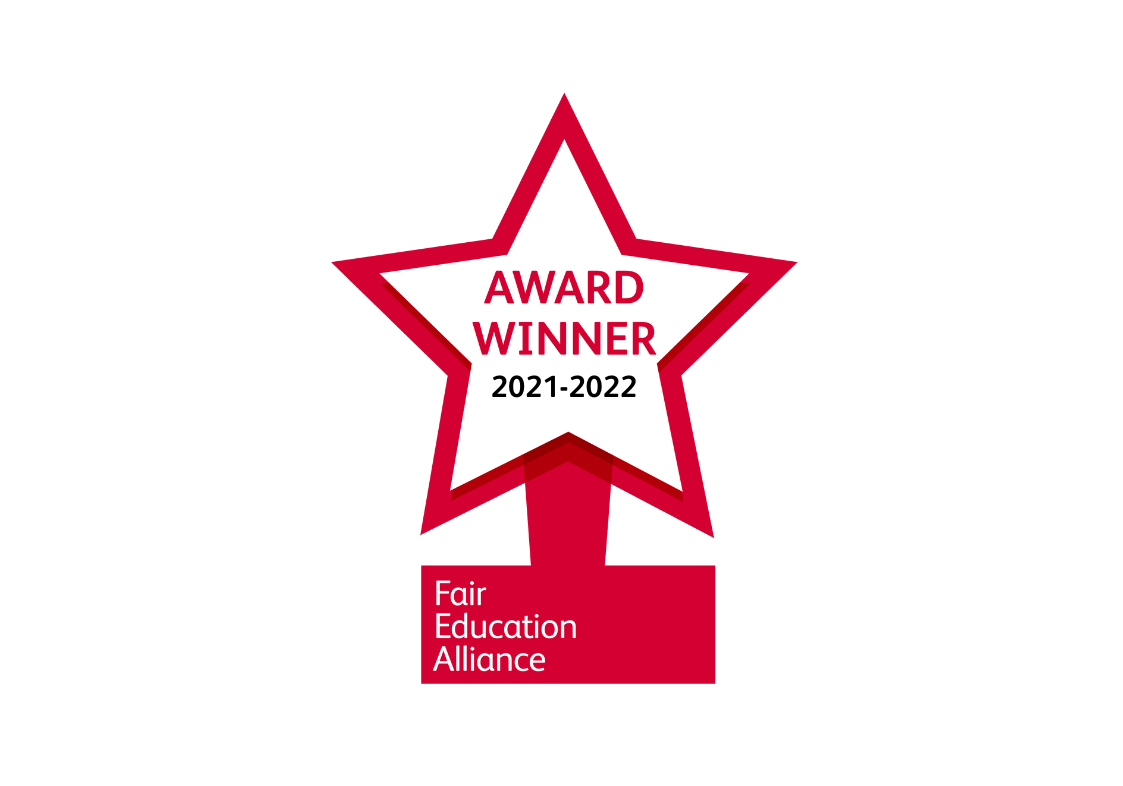If you had a million pounds to improve the chances of bright students going to top universities, how would you start? As a keen empiricist, your first step might be to review the evidence. As a firm believer in making a difference, your next step might be to design a programme for disadvantaged students. Who could argue with your approach: analyse the evidence to find what works, then design a programme targeted at the students who need it most?
But as many who work in Widening Participation might agree: what appears obvious rarely is. This is a curious story where dead-set certainties seem to melt away.
This story began because, as teachers and academics, we knew that the transition from school to university was fraught with snares, misunderstandings, and unrealised aspirations. Some of the problems seen in Widening Participation are clearly structural and, to some degree, intractable without deep-seated changes in how we engage students, and their parents, from a young age and ensure they have an excellent education.
But not all Widening Participation issues are impossible to solve.
In 2013, Professor Vikki Boliver at Durham University looked at ten years’ worth of UCAS data and showed that, even when state and privately educated students got exactly the same grades, state school applicants were up to a third less likely to get an offer from a leading university. Since then, strong evidence has pointed towards student attainment – which we might consider a structural problem – being the biggest key to increasing participation. But even with excellent grades state school students were not always getting the offers they deserved.
Aside from grades, we felt that the most obvious place to start was improving the quality of applications made by disadvantaged students. There was some fine research in the area, not least from Dr Steven Jones and the Sutton Trust. Dr Jones had shown that there were big disparities in the quality of personal statements written by students in the private and state sectors.
What, you might think, would be the point of working on personal statements? There are reams of information in the public domain and virtually every university offers sessions on writing. Looking more deeply, though, it seems that most information takes the form of guidelines that are easy to misinterpret and one-off events that don’t always have a bearing on the final product.
